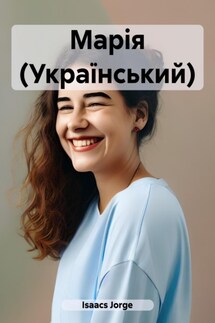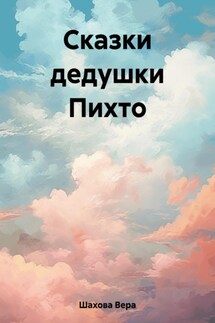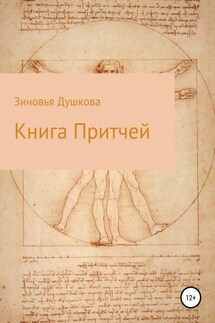Maria (GB English) - страница 20
–If you only knew…
–And if you knew…
My father, who was calling me from his room, interrupted the conversation, which, if continued, could have frustrated what I had been trying to do since my last interview with my mother.
As I entered my father's room, he was looking at the window of a beautiful pocket watch, and he said:
–It is an admirable thing; it is undoubtedly worth the thirty pounds. Turning at once to me, he added:
–This is the watch I ordered from London; look at it.
–It's much better than the one you use," I observed, examining it.
–But the one I use is very accurate, and yours is very small: you must give it to one of the girls and take this one for yourself.
Without leaving me time to thank him, he added:
–Are you going to Emigdio's house? Tell his father that I can prepare the guinea-pasture for us to fatten together; but that his cattle must be ready on the fifteenth of the next.
I immediately returned to my room to take my pistols. Mary, from the garden, at the foot of my window, was handing Emma a bunch of montenegros, marjoram, and carnations; but the most beautiful of these, for their size and luxuriance, was on her lips.
–Good morning, Maria," I said, hurrying to receive the flowers.
She, paling instantly, returned the greeting curtly, and the carnation fell from her mouth. She handed me the flowers, dropping some at my feet, which she picked up and placed within my reach when her cheeks were again flushed.
–Do you want to exchange all these for the carnation you had on your lips," I said as I received the last ones?
–I stepped on it," he replied, lowering his head to look for it.
–Thus trodden, I will give you all these for him.
He remained in the same attitude without answering me.
–Do you allow me to pick it up?
He then bent down to take it and handed it to me without looking at me.
Meanwhile Emma pretended to be completely distracted by the new flowers.
I shook Mary's hand with which I was handing over the desired carnation, saying to her:
–Thank you, thank you! See you this afternoon.
She raised her eyes to look at me with the most rapturous expression that tenderness and modesty, reproach and tears, can produce in a woman's eyes.
Chapter XIX
I had walked a little more than a league, and was already struggling to open the door that gave access to the mangones of Emigdio's father's hacienda. Having overcome the resistance of the mouldy hinges and shaft, and the even more tenacious resistance of the pylon, made of a large stone, which, suspended from the roof with a bolt, gave torment to passers-by by keeping that singular device closed, I considered myself fortunate not to have got stuck in the stony mire, the respectable age of which was known by the colour of the stagnant water.
I crossed a short plain where the fox-tail, the scrub-plate and the bramble dominated over the marshy grasses; there some shaven-tailed milling-horse browsed, colts scampered and old donkeys meditated, so lacerated and mutilated by the carrying of firewood and the cruelty of their muleteers, that Buffon would have been perplexed to have to classify them.
The large, old house, surrounded by coconut and mango trees, had an ashen, sagging roof overlooking the tall, dense cocoa grove.
I had not exhausted the obstacles to get there, for I stumbled into the corrals surrounded by tetillal; and there I had to roll the sturdy guaduas over the rickety steps. Two blacks came to my aid, a man and a woman: he was dressed in nothing but breeches, showing his athletic back shining with the peculiar sweat of his race; she was wearing a blue fula and for a shirt a handkerchief knotted at the nape of her neck and tied with the waistband, which covered her chest. They both wore reed hats, the kind that soon turn straw-coloured with little use.









